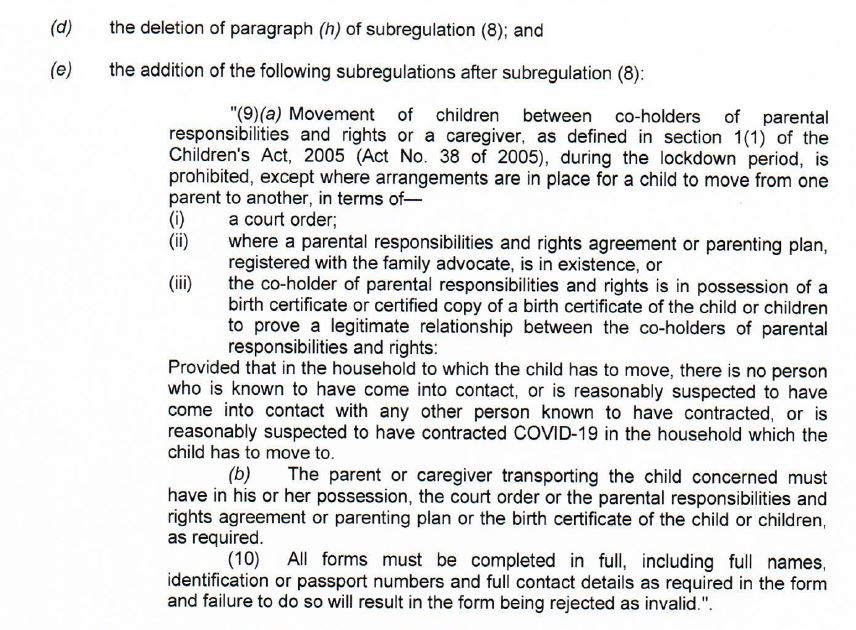 Written by Kouthar Sambo
Written by Kouthar Sambo
We are conveniently located in the Pinnacle Building, in the Cape Town CBD. Click here to call us on (021) 4243487 or send us an email.
According to the court roll of the Western Cape High Court, there were twenty-one (21) uncontested divorces to be heard today. There are approximately fifty-five Magistrate’s Courts in the Western Cape and these various Regional Magistrates’ Courts, which also deals with divorces, but does not provide statistics to the public online.
Other than certain days during the year when the Western Cape High Court has its recess period; uncontested divorces are heard on a daily basis. Earlier this month, on the 5th of October 2016, there were thirty-two (32) uncontested divorces in the Western Cape High Court, court roll. This was during the recess period.
According to Advocate Muhammad Abduroaf, a Family Law Expert, a divorce can be placed on the unopposed divorce roll after ten (10) working days have lapsed since the defendant has been served with the divorce summons:
“If a spouse is served with a divorce summons and does nothing for ten (10) days, the attorney for the Plaintiff would set the matter down for hearing soon thereafter. However, should the Defendant in the divorce proceedings defend the matter, it may still be settled. In such a case, a settlement agreement or consent paper gets entered into the matter. From there onward, the matter may be placed on the unopposed divorce roll for hearing. If there are children involved, the Office of the Family Advocate should first enforce the consent paper or settlement agreement,” reiterated Abduroaf.
He further added that divorces in the High Court can be costly as one will require an Attorney and an Advocate. Furthermore, an uncontested divorce could cost as much as R 15 000 – 00. “A more cost effective option would be to have it done in the Regional Court where there would be assistance from the clerks of the court,” says Abduroaf.
In the event of a big or complicated joint estate, with minor children involved, he advises that you enlist the services of an attorney to attend to your divorce, even if it would be uncontested.
26 August 2016, marked a whopping thirty-one (31) uncontested divorces on the Western Cape High Court, court roll – leaving us with quite an amount of uncontested divorces for one day. Furthermore, there could be many reasons for so much divorces in one day: one of which is that the legal representatives of the parties, or the divorce parties themselves, were only available on that particular day.
September 2016 reveals a modest highest amount of uncontested divorces in a single day for the past three (3) months, with the highest amount of divorces taking place on 2 September 2016, amounted to twelve (12).
What’s your take on the divorce rate in South Africa? We would love to hear from you!
Sharing is Caring
This and other articles and posts found on this website are written by Adv. Muhammad Abduroaf to assist people with various family law related issues they may have. If you find any of our articles, free resources and posts interesting, or possibly useful to others, please like and share it on Social Media by clicking on the icons below. For more interesting articles and information on Family Law, view our articles and Q&A page. If you have a family law related legal issue and you want someone to answer or reply to it, feel free to post it on our Family Law Blog. Therefore, kindly like and share.
Should you require any other legal services and advice, not related to family law, visit Private Legal.
 regulations-movement-children-16-April-lockdown[/caption]
regulations-movement-children-16-April-lockdown[/caption]